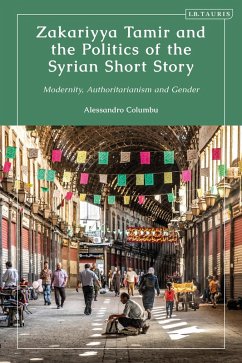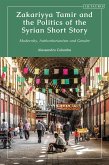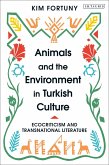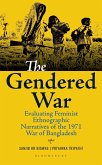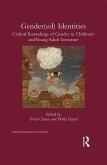Zakariyya Tamir is Syria's foremost writer of short stories, and his works are widely read across the Arab world. In this, the first English language monograph on Tamir's entire oeuvre, Alessandro Columbu examines Tamir's literary development in the context of changing political contexts, from his beginnings as a short story writer on local magazines in the late 1950s until the Syrian revolution of 2011.
Thus, the movements from independence and Western-inspired modernisation to the rise of nationalism and socialism; war, defeat, occupation in the 1960s; the emergence of authoritarianism and the cult of personality of Hafiz al-Assad in the 1970s are charted in the context of Tamir's works. Therein, the significance of masculinity and patriarchy and its changing nature in relation to nationalism and authoritarianism are revealed as Tamir's foremost vehicles for social and political critique. The role of female sexuality and its disrupting/empowering nature vis-à-vis patriarchal institutions is also explored, as is the question of literary commitment and the relationship between authors and the authoritarian regime of Syria; homosexuality and representations of unconventional sexualities in general.
Thus, the movements from independence and Western-inspired modernisation to the rise of nationalism and socialism; war, defeat, occupation in the 1960s; the emergence of authoritarianism and the cult of personality of Hafiz al-Assad in the 1970s are charted in the context of Tamir's works. Therein, the significance of masculinity and patriarchy and its changing nature in relation to nationalism and authoritarianism are revealed as Tamir's foremost vehicles for social and political critique. The role of female sexuality and its disrupting/empowering nature vis-à-vis patriarchal institutions is also explored, as is the question of literary commitment and the relationship between authors and the authoritarian regime of Syria; homosexuality and representations of unconventional sexualities in general.

